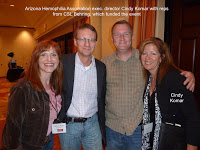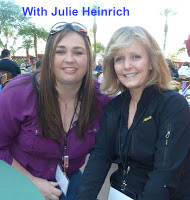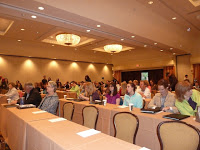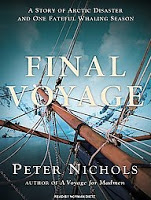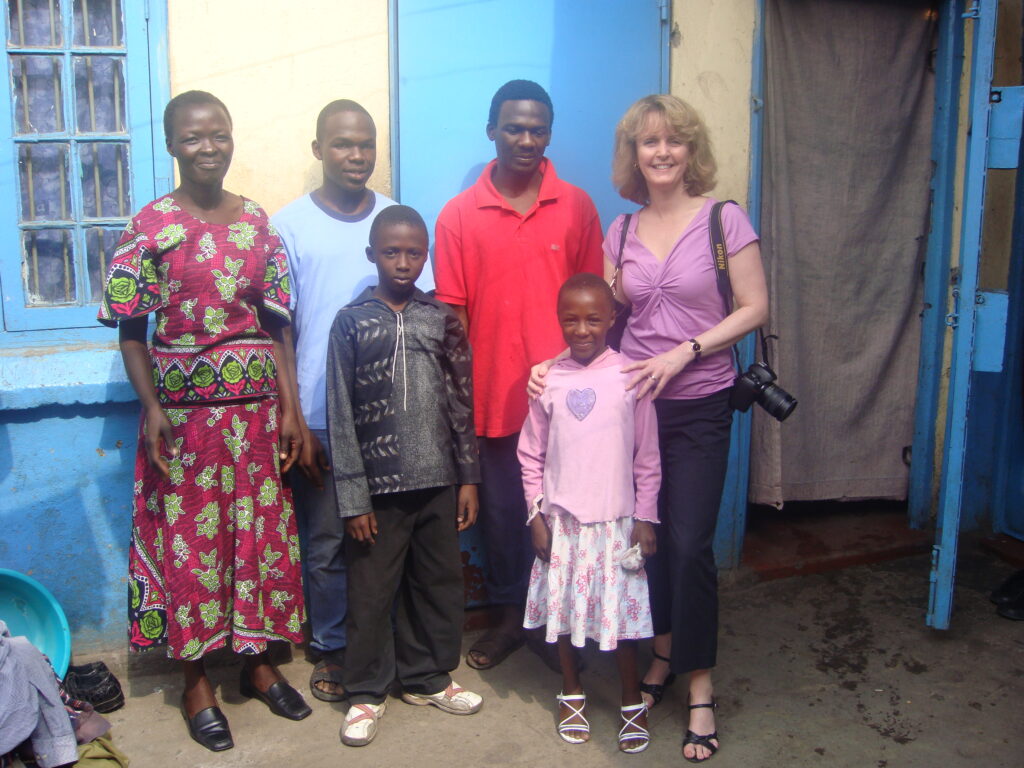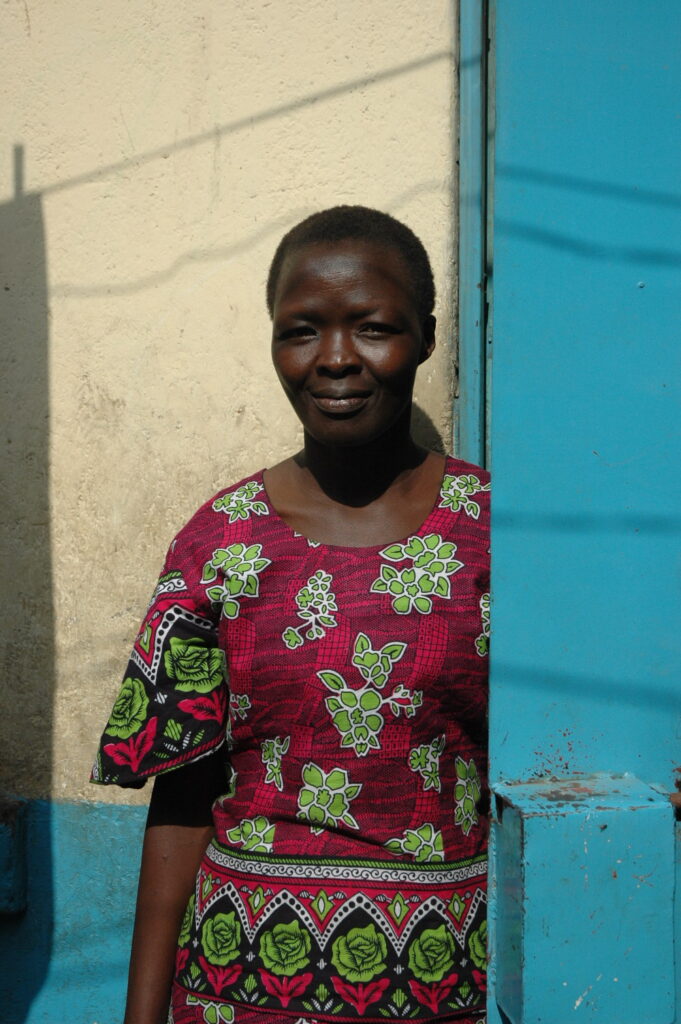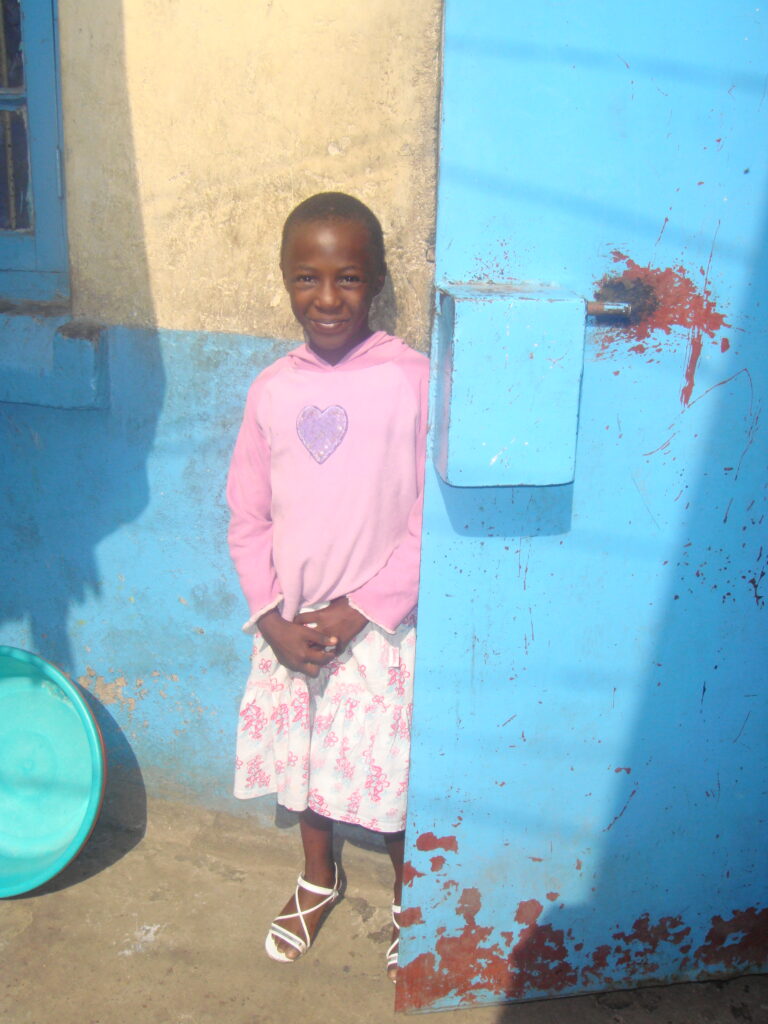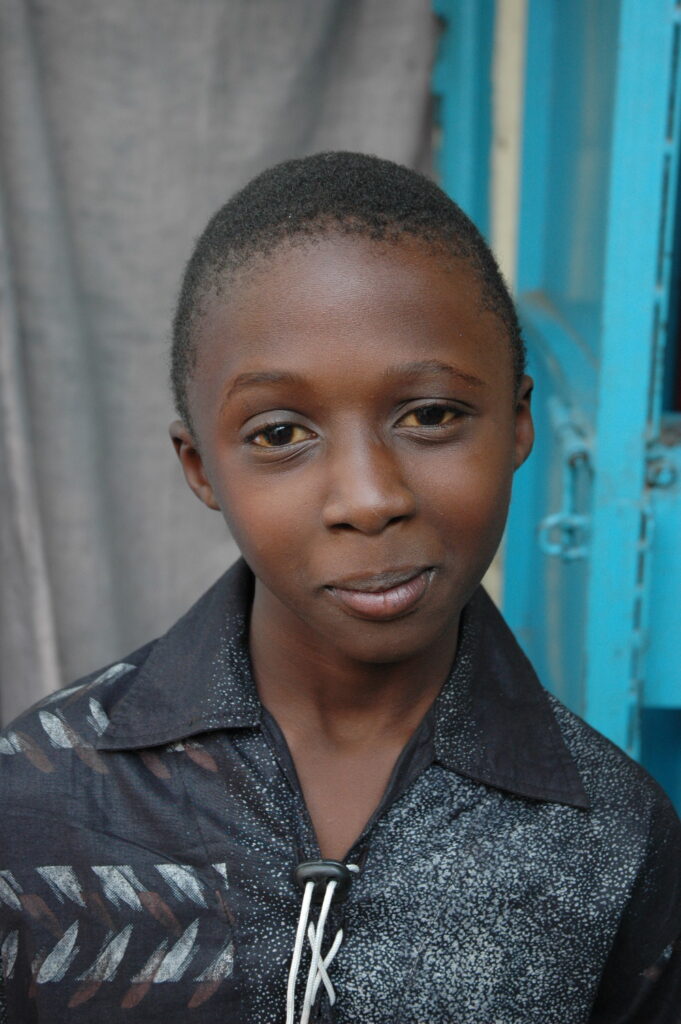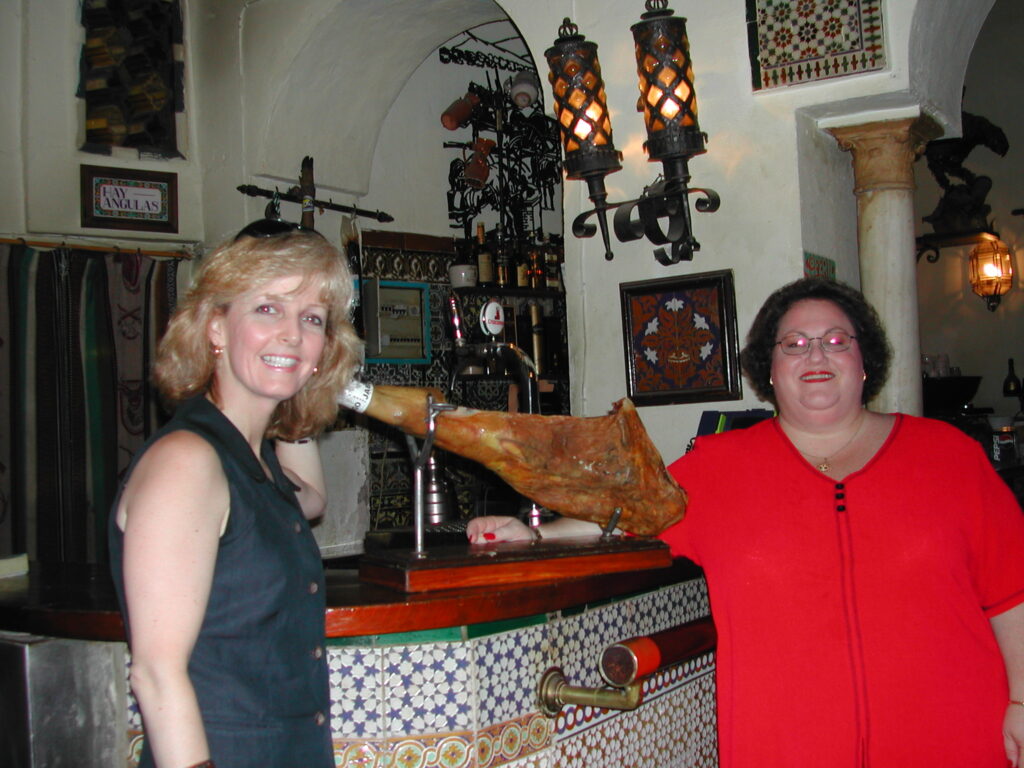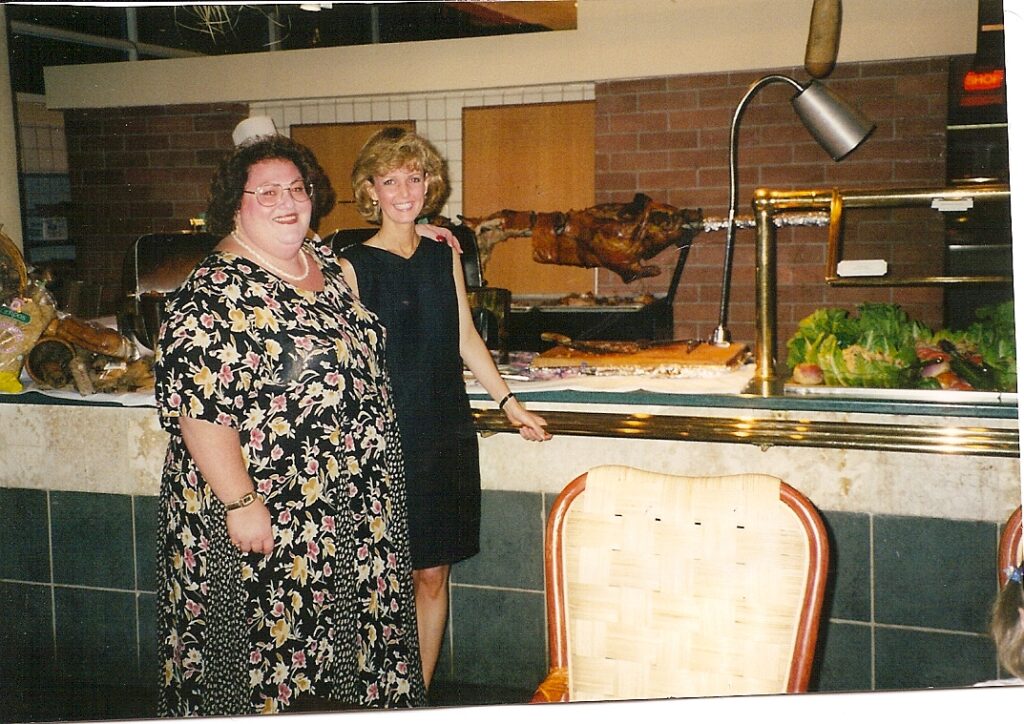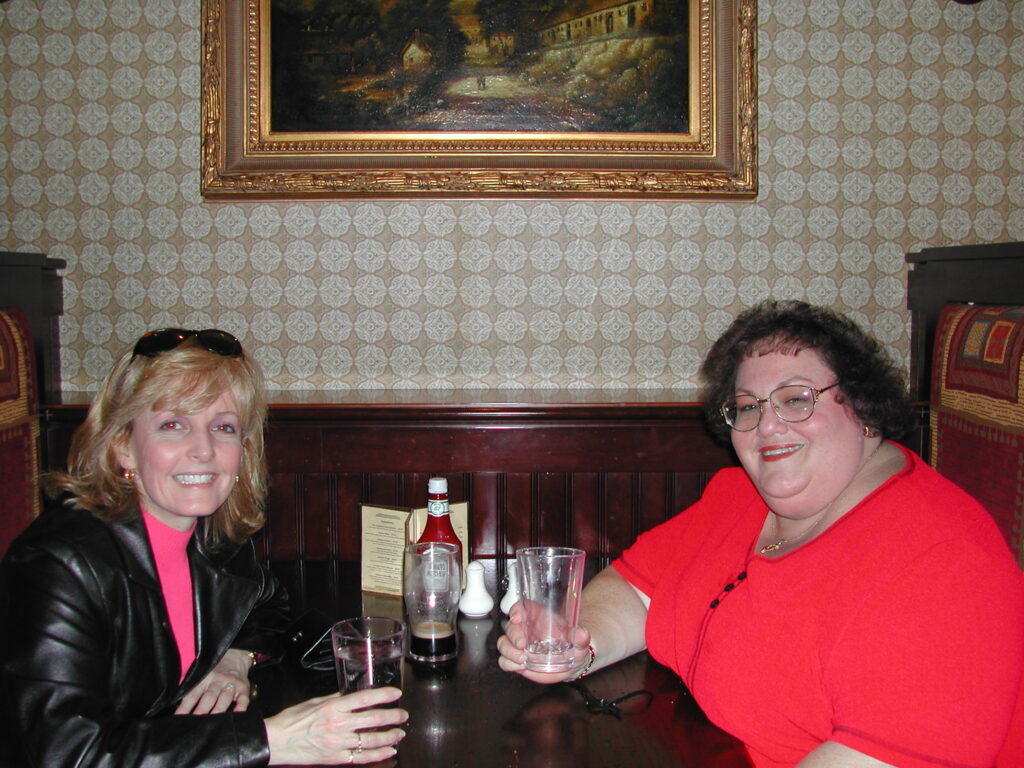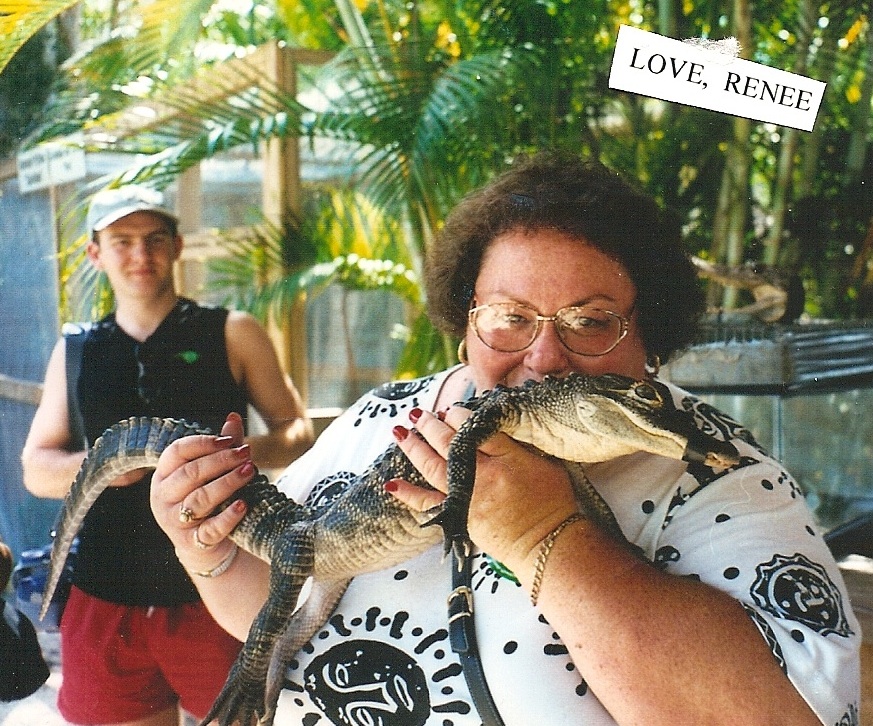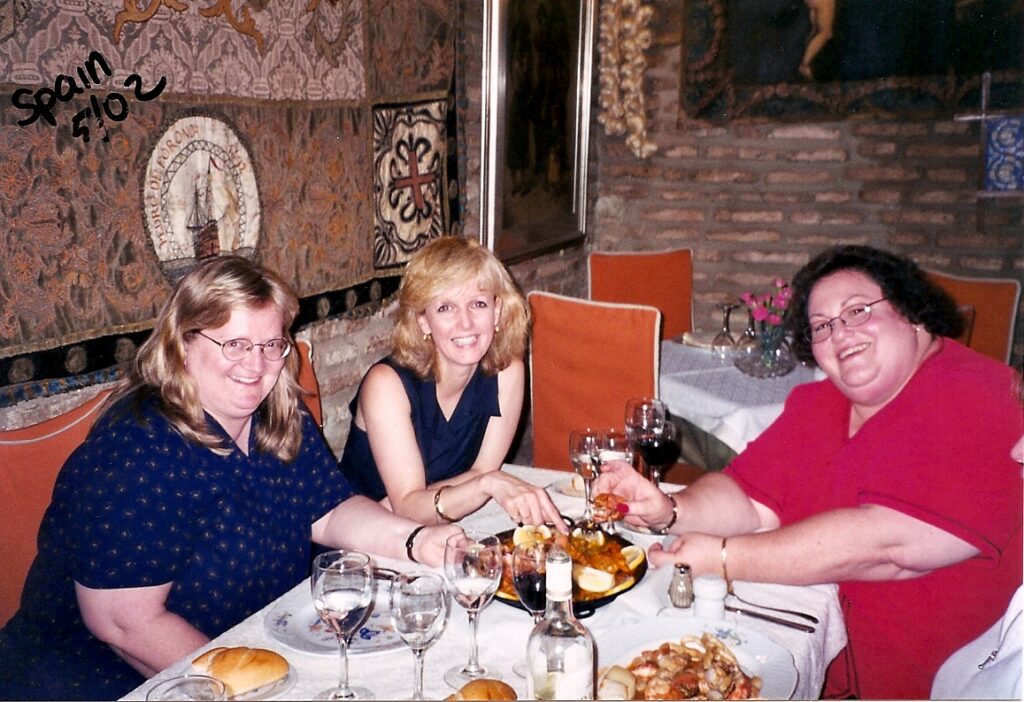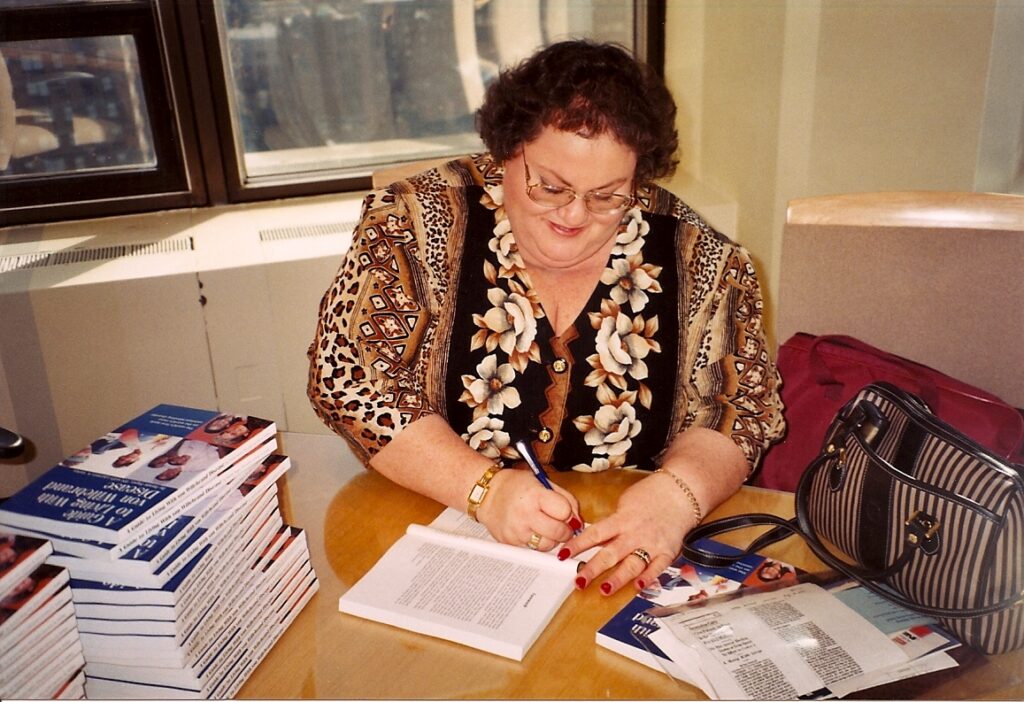The Time is NOW!
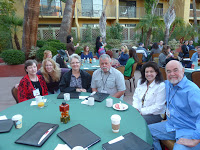
I’m writing from Phoenix, where a weekend of education and networking for people with von Willebrand disease just wrapped up. The Arizona Hemophilia Association hosted the first annual national von Willebrand conference. Cindy Komar, the very capable executive director of the AHA and her team assembled a great cast of speakers and facilitators, and provided entertainment for the kids for the weekend-long event. It was a tremendous conference and hugely successful.
Saturday morning started with a rousing speech by Jerry Ervin, who shared his hard-luck story and how he overcame many environmental challenges to become educated and a motivational speaker. Then Drs. di Paola and Kouides shared latest developments in VWD treatment. Afterwards came break out sessions, in which I presented the changing insurance climate and how we can protect our access to treatment. Other sessions included dental care, financial planning, parenting and atypical VWD. 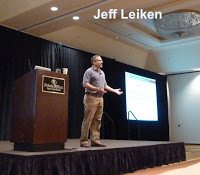
25 states were represented at the event, and I saw many friends in the community, from patients and families, and even my dear friend Julie Winton, with whom I climbed Kilimanjaro last August!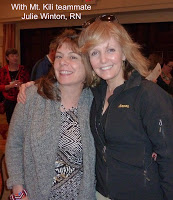
This morning we had two great speakers, Jeff Leiken, who spoke about attitude and removing bias from our way of looking at the world, and Pamela Crim, who shared her personal story, from a stroke at age 19 while just a newlywed, to adopting two little orphans from Juarez, Mexico–truly an incredible life story! 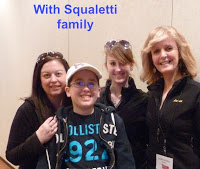
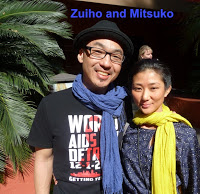
Outside the teens were treated to a demonstration by a hot air balloon pilot, Michael Glen. His inspiring talk about ballooning focused not on the fact that he’s a paraplegic (the only one in the world who is also a balloonist) but on how nothing can stop you from achieving your dreams. He was fantastic! I’d highly recommend him for teen workshops (www.rollingpilot.com)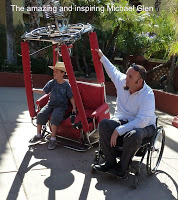
We closed the event by paying our respects to the lady who was the pioneer in VWD advocating and educating, Renee Paper, my co-author and friend. We keenly felt her absence, but we’re pretty sure her spirit was with us.
Thanks to CSL Behring for the funding for making this fantastic event happen, and to the Arizona Hemophilia Association for their time and dedication.